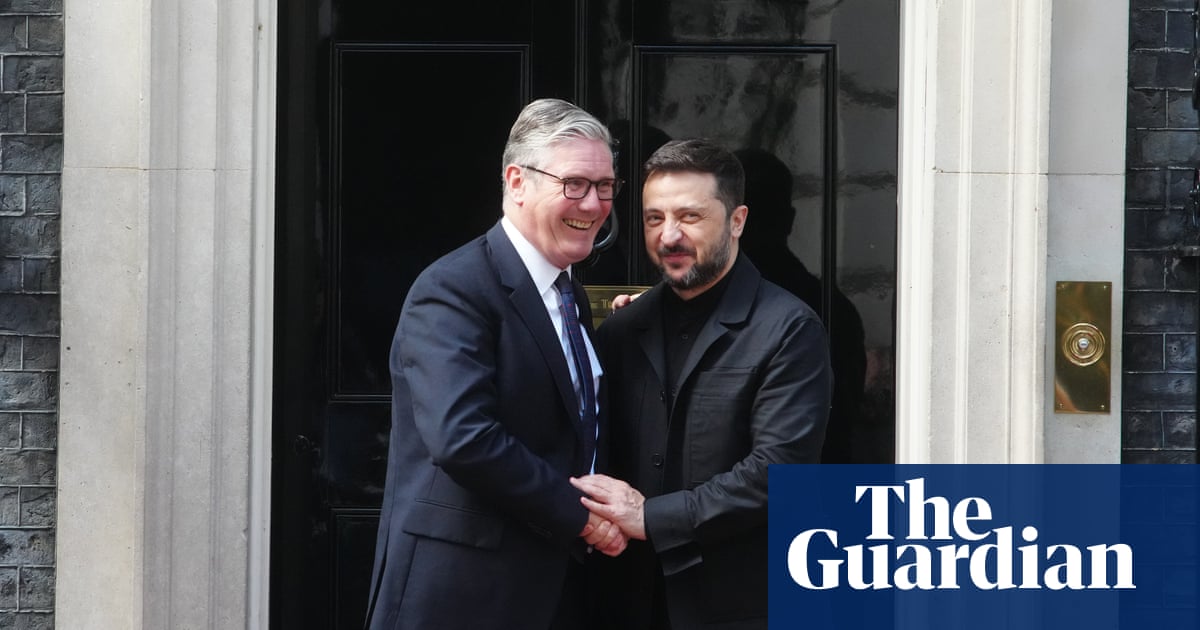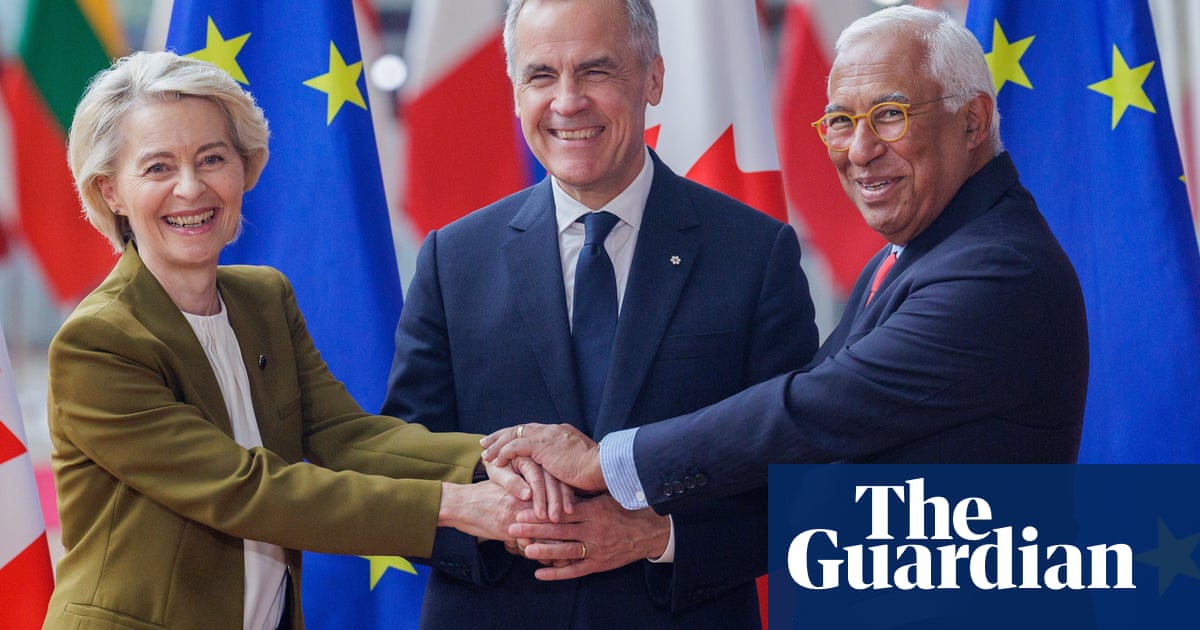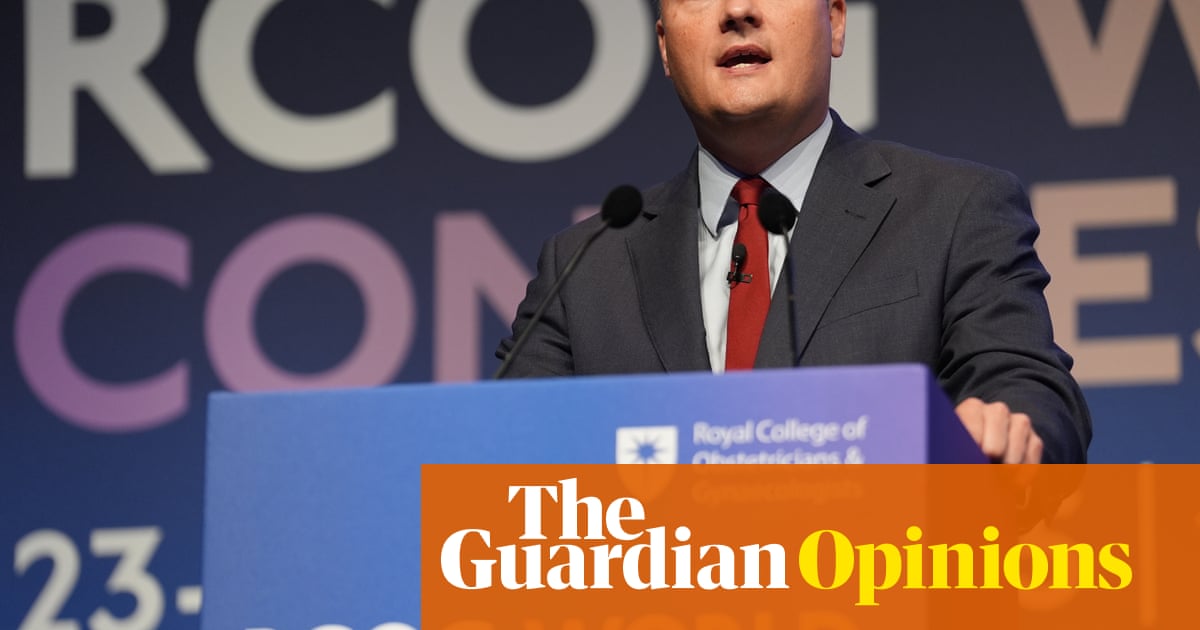The European Union has a “strong plan” to retaliate against tariffs imposed by Donald Trump but would prefer to negotiate, the head of the European Commission, Ursula von der Leyen, has said.
Trump, who has upended eight decades of certainties about the transatlantic relationship since taking office, has threatened tariffs on goods from around the world from Wednesday. His administration in March put tariffs on imported steel and aluminium and said higher duties on cars would come into effect on Thursday.
Von der Leyen, speaking to the European parliament on Tuesday, said the next sectors facing tariffs would be semiconductors, pharmaceuticals and timber.
She said many Europeans felt “utterly disheartened” by the US announcements. “Europe has not started this confrontation. We do not necessarily want to retaliate, but if it is necessary we have a strong plan to retaliate and we will use it,” she said.
After the announcement of the steel and aluminium tariffs in March, the commission said it would impose countermeasures on up to €26bn of US goods. These include the reimposition of tariffs on $4.5bn US goods, such as jeans and Harley-Davidson motorbikes, which were suspended during the presidency of Joe Biden. The measures are due to be implemented in mid April, after the EU executive chose to delay the initial 1 April date in order to align them with other steps and fine-tune the EU position among the 27 member states.
The EU executive is consulting member states over a second tranche of tariffs, worth around €18bn, covering steel, aluminium, poultry, beef, seafood and nuts.
However, it is facing pressure from European capitals to protect national interests. France, for example, is concerned about the impact on French wines and spirits if the commission targets American bourbon. Its prime minister, François Bayrou, described proposed EU tariffs on Kentucky bourbon as a misstep, following meetings with the French cognac industry.
Under the EU-US trade relationship, worth €1.6tn in 2023, the European bloc exports more goods across the Atlantic than the US does, led by cars, medicines and pharmaceutical products, which could give it leverage.
EU officials have not ruled out retaliatory measures on US services, such as suspending intellectual property rights. In theory, retaliation could target US tech companies, banks and financial service providers.
after newsletter promotion
Without giving away details, von der Leyen said “all instruments” – all countermeasures – were on the table. “Europe holds a lot of cards. From trade to technology to the size of our market,” she said. “But this strength is also built on our readiness to take firm countermeasures if necessary.”

 2 months ago
41
2 months ago
41

















































